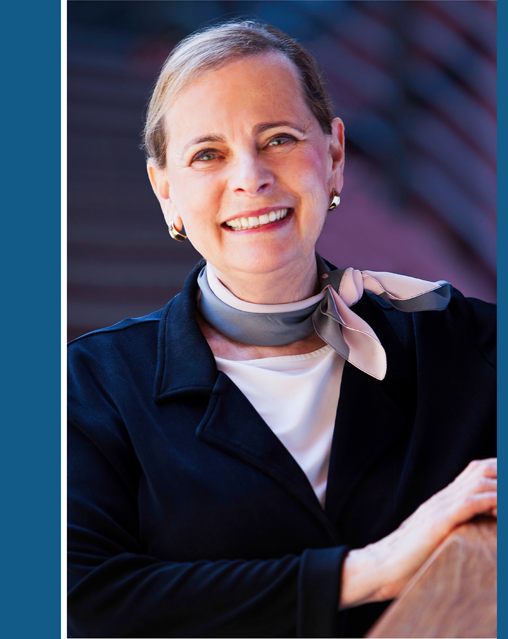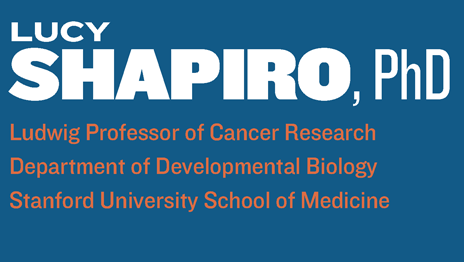 |
||
 |
||
 |
Lucy Shapiro, PhD, Ludwig Professor of Cancer Research in the Department of Developmental Biology at Stanford University School of Medicine, will deliver the next presentation in the 2017 Senior Vice Chancellor’s Laureate Lecture Series, a yearlong program featuring top biomedical researchers in their fields. Shapiro’s talk, “The Regulatory Circuitry Controlling an Asymmetric Cell Division,” will be delivered at noon on Thursday, March 23, in the University of Pittsburgh’s Scaife Hall, Lecture Room 6. [Add to Calendar]. This seminar series is open to the public, including all interested University of Pittsburgh and Carnegie Mellon University faculty, students, and staff. Arthur S. Levine, MD, Pitt’s senior vice chancellor for the health sciences and John and Gertrude Petersen Dean of Medicine, will introduce Shapiro and lead the discussion following the lecture. Shapiro has pioneered the use of microorganisms to address fundamental developmental biology research questions and has shed new light on control of the bacterial cell cycle and the establishment of cell fate. She has focused on Caulobacter crescentus, one of the simplest organisms that divides asymmetrically into different cell types. Shapiro and colleagues have elucidated the signaling circuits that control cellular decision-making and regulate the bacterial cell cycle. Her research on bacterial genetic circuits has led to the development of novel drugs to counter antibiotic resistance. Shapiro’s work has advanced our understanding of DNA segregation, cell growth and division, and asymmetric development and provided insight on mechanism organization in bacteria. Shapiro is the recipient of a 2011 National Medal of Science, an NIH MERIT award, a Canada Gairdner International Award, the Louisa Gross Horwitz Prize, the Pearl Meister Greengard Prize, and many others. She is an elected fellow of the American Association for the Advancement of Science, the National Academy of Medicine, the National Academy of Sciences, and the American Academy of Arts and Sciences. She received her bachelor’s degree from Brooklyn College and her molecular biology PhD from the Albert Einstein College of Medicine. |
 |
 |
||
   |
||
